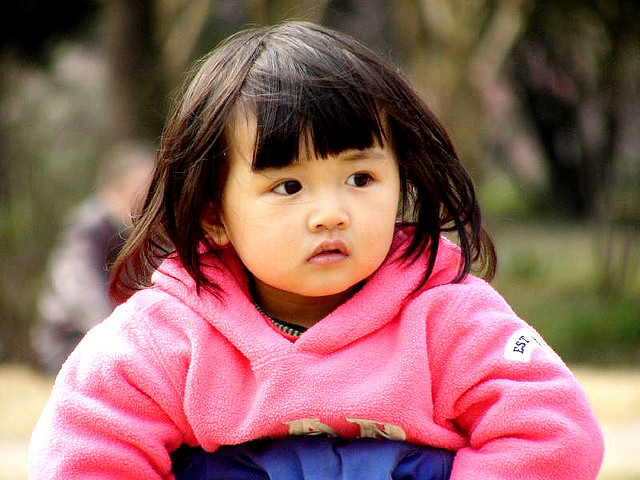In light of the constraining childbirth laws of China, one story that could have had a tragic ending turned miraculous and celebratory this weekend in China when a newborn, who went down a toilet, was discovered and rescued by a dedicated team that included firefighters, concerned neighbors, police, and medical staff. The incident was caught on video and by now has made its rounds at the major media outlets. The mother of the child, who has regained custody, claims that her baby going down the toilet was an accident. But the idea of a baby being flushed to avoid the repercussions of breaking the law by having a child outside marriage is not outside the realm of possibility.

In a country that frowns upon out-of-wedlock births, the pressure placed upon unwed Chinese mothers not to have children is an understandable cause of anxiety. For example, according to the U.S. Department of State’s 2010 Chinese Human Rights Report, a 30-year-old woman in the Xuzhou, Jiangsu Province who gave birth to a child whose father she married shortly thereafter was barred from a civil service position because of the out-of-wedlock birth. Chinese women are forced to conform to the state’s definition of motherhood, or face the consequences. According to the organization All Girls Allowed, which seeks to restore dignity to human life and women in China who are faced with such challenges as a one-child policy and laws against when and under what circumstances they are allowed to get pregnant, single women obtain the majority of abortions in China:
The majority of Chinese women today who get abortions are single, unmarried women. While many of these women are not “dragged” off to get an abortion, they are pressured and coerced through fines and other punishment, as it is illegal to have a child out of wedlock—and it is illegal to be married before the age of 20.
China’s one-child policy stands in stark contrast to the uplifting ending to story of the rescued Chinese baby mentioned early. Since 1979, citizens of communist China have been constrained by a law that forbids them from giving birth to more than one child, with few exceptions. Although it was initially established as a 30-year law, more recent quotes from the government confirm that the policy won’t be going away for a long, long time. The law is so brutally enforced that abandoned infants and forced abortions are commonplace in the country, and although the policy applies to almost everyone, the poor are especially helpless when it comes to conceiving children. According to Mia Jian, who authored a recent op-ed for the NY Times, the rich can more easily circumvent the one-child policy by paying the high fee set by the government for violating it, but for the poor, the scenario can be devastating:
For the poor, however, the policy is a flesh-and-blood tiger with claws and fangs. In the countryside, where the need for extra hands to help in the fields and the deeply entrenched patriarchal desire for a male heir have created strong resistance to population control measures, the tiger has been merciless.
Village family-planning officers vigilantly chart the menstrual cycle and pelvic-exam results of every woman of childbearing age in their area. If a woman gets pregnant without permission and is unable to pay the often exorbitant fine for violating the policy, she risks being subjected to a forced abortion.
Harrowing stories of brutality are much more common coming out of China than uplifting stories like the rescue of the flushed infant. For example, this story about a woman who was eight months pregnant being subjected to an inhumanely executed forced abortion illustrates the nation’s unsettling willingness to sacrifice the well-being (and lives) of human beings on the altar of population control.
China’s one-child policy has been getting more attention in recent years, and the international community is beginning to acknowledge the injustice of this policy. You can sign a petition encouraging President Obama and the U.S. Congress to further efforts to bring human rights justice to China here.







